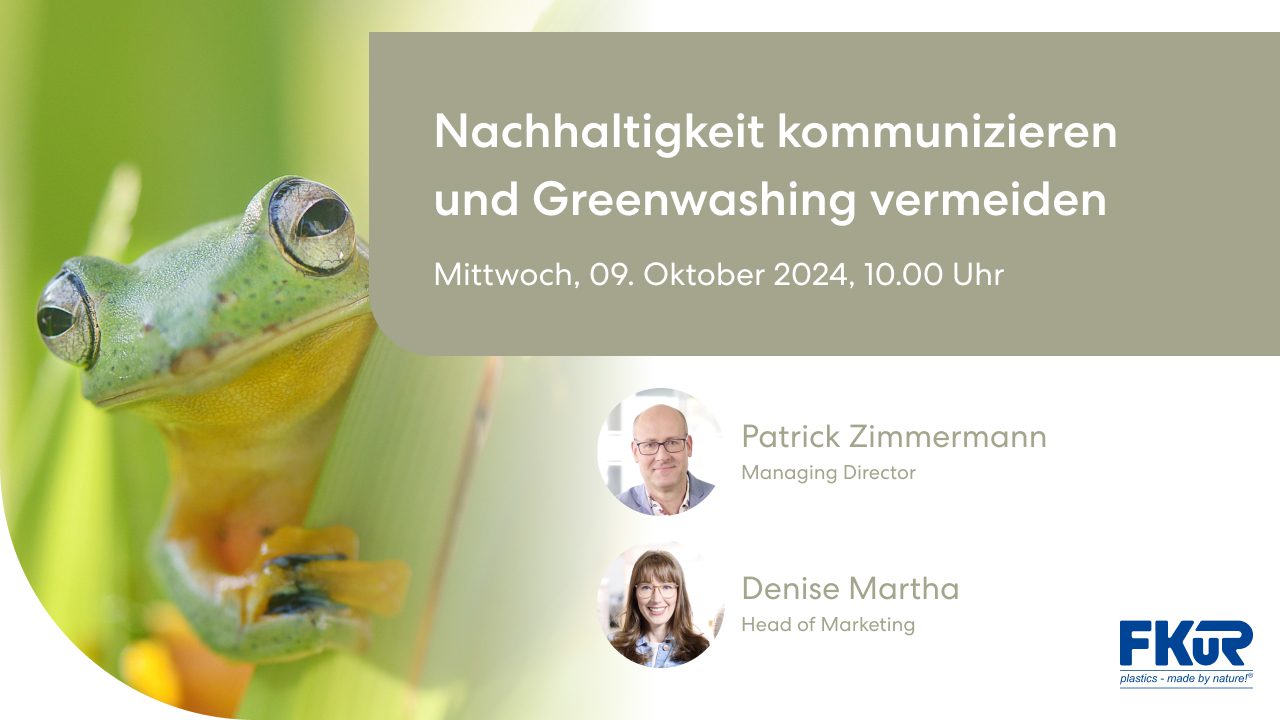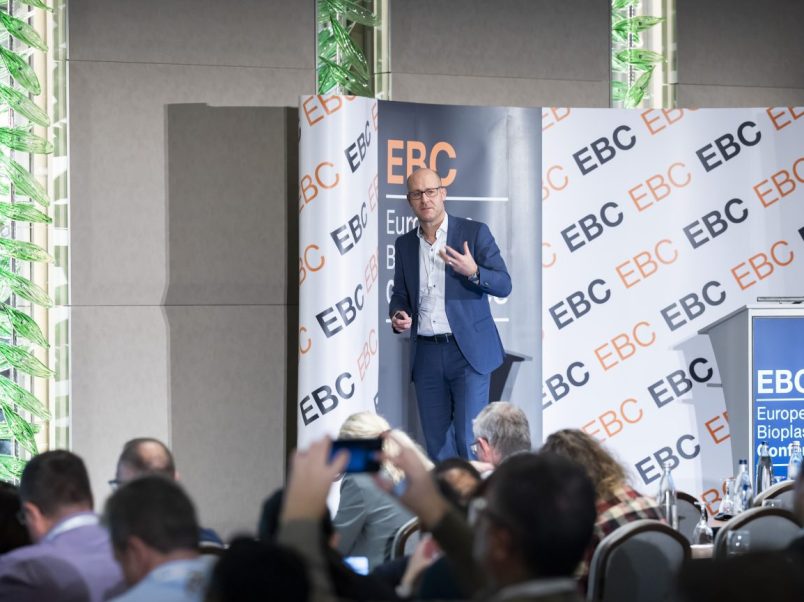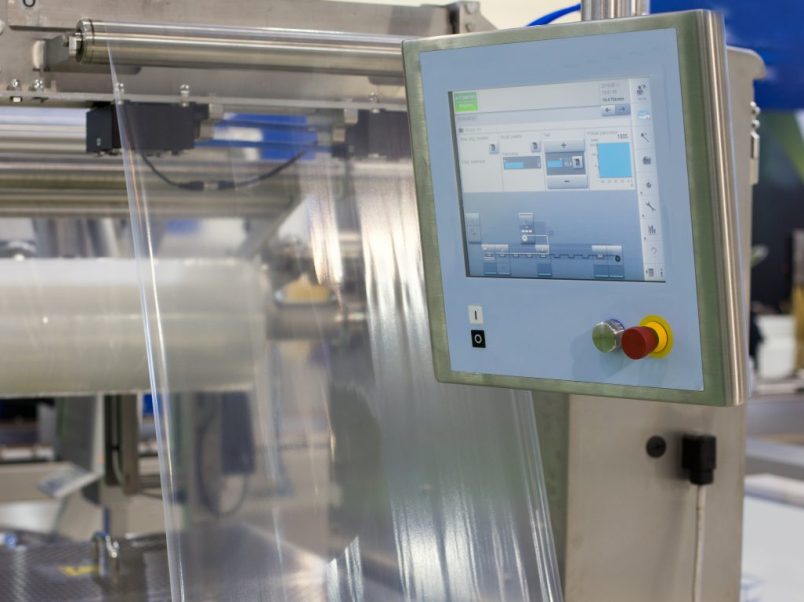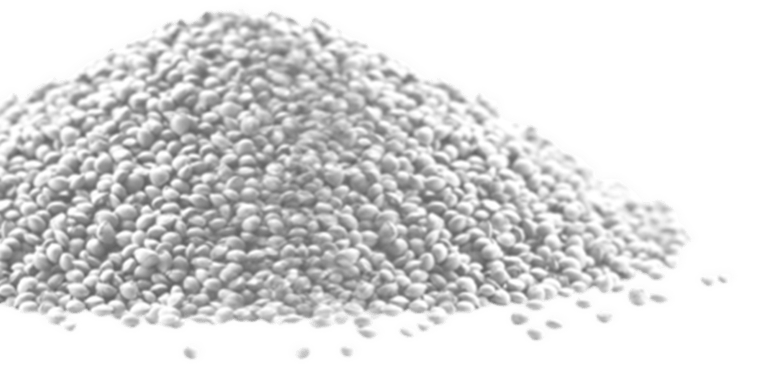
Communicating sustainability and avoiding greenwashing
The webinar will be presented in German!
“Environmentally friendly,” “Eco,” “Green”?
Today, plastics, and especially bioplastics, are expected to be sustainable, environmentally friendly, and recyclable. Brand owners and producers are developing sustainability strategies and using bioplastics, which are a great alternative to conventional plastics but have a drawback from the consumer’s perspective: they are not visibly distinguishable and require a lot of explanation. Communication is key here. Unfortunately, catchy advertising messages often turn out to be pitfalls.
Communicating Sustainability authentically and avoiding Greenwashing
In our webinar, we empower you for the “green transition,” explain current political regulations, and raise awareness of the importance of proper communication in relation to bioplastics and recyclates. We will share how to make the “bio” aspect of your plastic product visible and advise you on when legal consultation is essential.
EU Green Claims Directive against Greenwashing
In the future, companies in the EU will need to provide sufficient, verifiable evidence to market their products with terms such as “environmentally friendly,” “biodegradable,” or “ecological.” This measure aims to increase transparency and ensure consumer protection against greenwashing. The regulations and measures will apply to all products, regardless of whether they are produced within the EU or imported into it. This ensures uniform competition conditions and enhances consumer safety.

Missed the webinar?
To stay informed about upcoming webinars, you can also sign up for our newsletter.
What is the Green Claims Directive?
The Green Claims Directive is a legislative measure by the European Union aimed at improving the transparency and credibility of environmental claims made by companies. It was developed as part of the European Green Deal and efforts towards sustainable development and enhanced climate protection.
The main objectives of the Green Claims Directive are:
1. Transparency:
The directive aims to ensure that companies provide clear and verifiable information about the environmental impact of their products and services. Consumers should be able to make informed decisions.
2. Consistency:
The directive promotes the use of uniform standards and methods for assessing environmental impacts to avoid misleading or inaccurate environmental claims.
3. Accountability:
Companies must be able to substantiate their environmental claims. This means they need to provide relevant evidence and data to support the accuracy of their statements.
4. Consumer Protection:
The directive seeks to protect consumers from misleading claims and “greenwashing,” which is the practice of presenting products as more environmentally friendly than they actually are.
The Green Claims Directive is part of the EU’s wider efforts to promote the transition to a more sustainable economy and enhance climate protection. It is expected to impact many industries, as companies will need to adjust their marketing strategies and product offerings to meet the new requirements.
What Should Be Considered for Advertising Claims About Bioplastics and Recyclates?
Are you wondering what to consider when formulating your advertising claims? In our webinar, we provide an overview of the current status of the directive, its expected implementation date, and the actions you can and should take today.
Or do you want to get an overview of our granules today?
Here you can find our “Plastics care for Future” portfolio .
We can also do recyclates! 
Our recycled plastics are an interesting alternative to bioplastics. Discover our recyclates!







